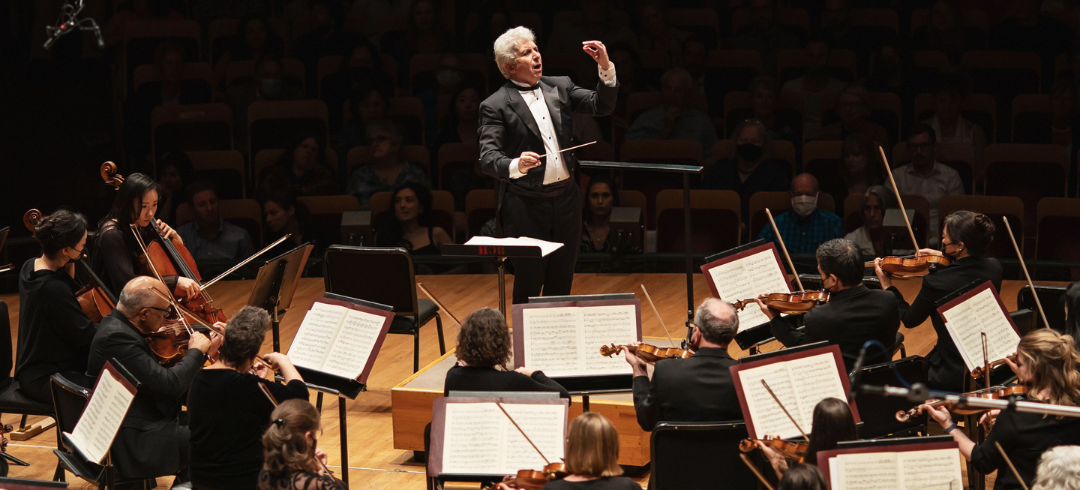The Baháʼí Faith, a relatively nascent religion founded in the 19th century, is predicated on the teachings of Baháʼu’lláh, whose pronouncements herald a momentous shift in the spiritual landscape of humanity. The recognition of Baháʼu’lláh is not merely an affirmation of his prophetic role; it signifies the dawn of a new epoch characterized by unity, justice, and the collective advancement of civilization. This article delves into the salient features of the Baháʼí teachings and the implications of recognizing Baháʼu’lláh as a pivotal figure in this transformative period.
A Historical Context
To appreciate the significance of Baháʼu’lláh and the transformative impact of his teachings, it is essential to comprehend the sociopolitical milieu of 19th century Persia. The era was rife with turmoil, characterized by the decline of the Qajar dynasty, widespread social injustice, and spiritual disillusionment. Within this tumultuous backdrop, the Báb, the forerunner of Baháʼu’lláh, emerged, proclaiming the imminent advent of a new messenger of God. Following this, Baháʼu’lláh declared his mission, positioning himself as the fulfillment of that prophecy.
The Essence of Recognition
In the Baháʼí context, recognition extends beyond mere acknowledgment; it is an active engagement with the teachings and principles espoused by Baháʼu’lláh. His proclamation is rooted in the idea of the oneness of God, the oneness of humanity, and the essential harmony of science and religion. These core tenets invite adherents to transcend the parochial confines of sectarian identity, fostering a broader sense of communion among diverse peoples and cultures. The essence of this recognition is encapsulated in the concept of ‘Unity in Diversity,’ a pivotal element illustrating the Baháʼí approach to societal and global issues.
The Prophetic Role of Baháʼu’lláh
Baháʼu’lláh’s life, characterized by adversity and perseverance, mirrors the archetypal narrative of divine messengers throughout history. His revelations impart a new covenant that aligns with the progressive unfolding of truth. This concept significantly diverges from traditional religious paradigms that often assert finality in their teachings. Instead, Baháʼu’lláh posits that divine knowledge is an evolving continuum, urging humanity to seek new understandings and realizations.
Universal Principles and Teachings
The teachings of Baháʼu’lláh encompass a comprehensive framework addressing both individual and societal dimensions. Core principles include:
- Oneness of Humanity: The belief that all individuals are created equal and deserve equitable treatment fosters a sense of collective responsibility.
- Elimination of Prejudice: Baháʼu’lláh advocates the eradication of racial, gender-based, and class prejudices as fundamental to establishing world peace.
- Independent Investigation of Truth: Followers are encouraged to pursue personal understanding and spiritual inquiry, free from dogma.
- Harmony of Science and Religion: The teachings encourage a synthesis of spiritual and empirical knowledge, advocating that true understanding arises from the harmonization of both realms.
- Universal Education: Baháʼu’lláh emphasizes the importance of education for all, positing it as a cornerstone for societal advancement.
Societal Implications of Baháʼí Teachings
The recognition of Baháʼu’lláh extends into practical realms, envisioning the establishment of a just society. The application of his principles invites a reevaluation of contemporary political and social systems. Essential in this vision is the establishment of institutions guardianship through virtues of inclusiveness and representation. Baháʼí administrative structures, characterized by consultative decision-making and community-based governance, serve as models for civil society. Such systems are predicated on the active participation of individuals from diverse backgrounds, facilitating consensus-driven approaches to community challenges.
Impact on Spiritual Development
Recognizing Baháʼu’lláh inherently transforms personal spiritual journeys. His teachings encourage a commitment to personal growth and development through daily prayer, reflection, and acts of service. This multidimensional spiritual practice nurtures a deeper connection with the Divine and fosters an environment where individuals cultivate virtues. The integrity of character and the manifestation of spiritual qualities become the hallmarks of a Baháʼí life, as each adherent endeavors to reflect the teachings through their actions.
The Role of Community in Recognition
In the Baháʼí framework, community plays a quintessential role in the recognition process. The collective endeavor fosters greater understanding of Baháʼu’lláh’s teachings while providing opportunities for collaborative service. Community gatherings, known as ‘Feast,’ serve as venues for spiritual nourishment, education, and social engagement. Activities conducted in these settings engender unity and solidarity while addressing community needs, further embedding the principles of Baháʼu’lláh into practical application. This communal aspect underscores the shared responsibility in recognizing and espousing Baháʼu’lláh’s teachings.
Conclusion: A New Era Begins
The recognition of Baháʼu’lláh symbolizes not only a pivotal historical milestone but also heralds a nascent era replete with potential for transformative change. As humanity stands at a crossroads, the teachings of Baháʼu’lláh offer a compass directing toward unity, justice, and peace. To embrace these tenets is to participate actively in the unfolding narrative of our collective future, wherein the aspirations of justice and equality find expression. As adherents continue to disseminate and embody these teachings, the vision of a unified global society inches closer to realization, defining this new era initiated through the recognition of Baháʼu’lláh.
